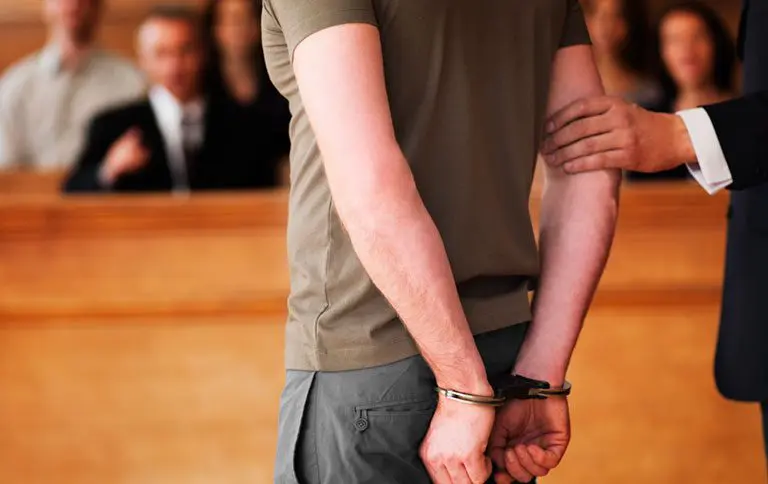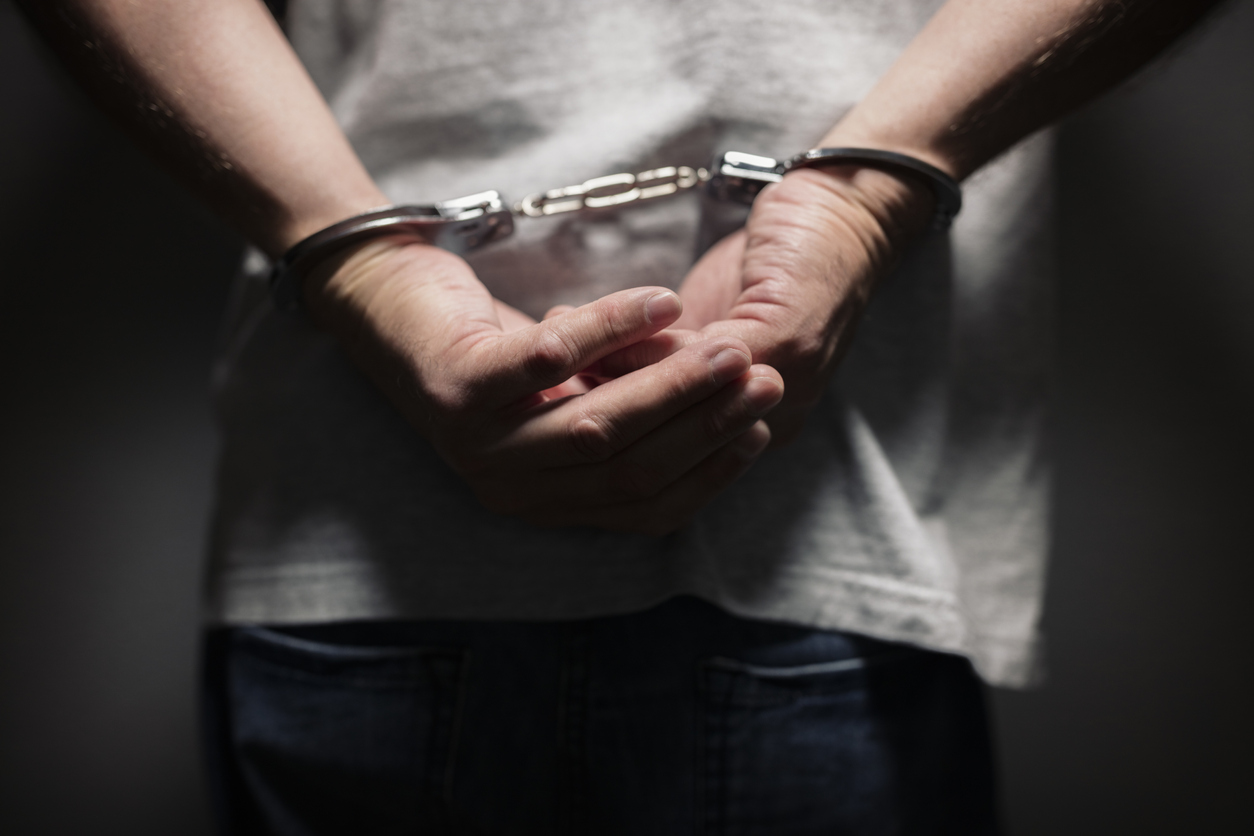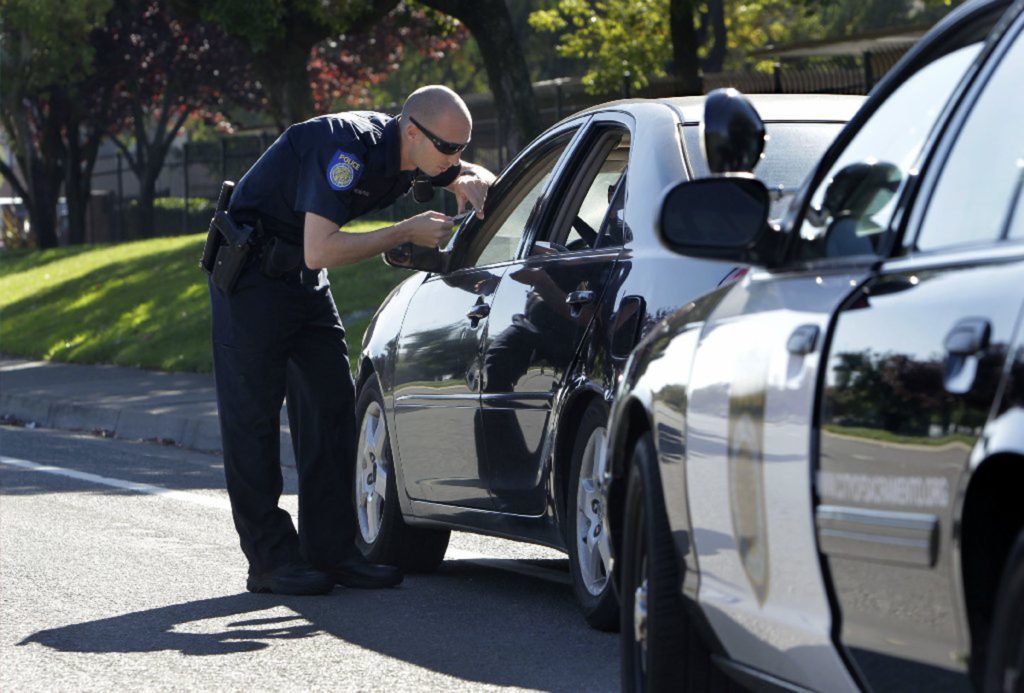Yes, police can pursue a prosecution even if the victim doesn’t press charges. The decision to prosecute is ultimately at the discretion of the Crown Prosecution Service (CPS) rather than the victim. The CPS evaluates the available evidence, the public interest, and the likelihood of securing a conviction. If there is sufficient evidence and it is in the public interest, the CPS can initiate legal proceedings, regardless of the victim’s wishes.
However, this approach is designed to protect the rights of all citizens and ensure that cases are prosecuted when necessary, even if the victim is unwilling or unable to press charges. It’s a crucial element of the UK’s legal system to maintain law and order.
What is the legal process for prosecution in the UK?

In the UK, the legal process for prosecution is like a carefully planned path through the legal system, involving many people and important steps.
Reporting the Crime
Initiating the Process: The legal process for prosecution in the UK typically commences when a crime is reported. Individuals who can make a report include the victim, witnesses, or law enforcement authorities themselves.
Importance of Timely Reporting: Prompt reporting is essential, as it allows law enforcement to start an investigation while evidence is fresh and witnesses’ memories are reliable.
Police Investigation:
Gathering Evidence: The police take on the role of investigators, collecting evidence that may include witness statements, physical evidence, and any other relevant information related to the alleged crime.
Interviewing Witnesses and Suspects: Law enforcement officers interview witnesses and, if necessary, suspects. This process helps in building a comprehensive case.
Review by the Crown Prosecution Service (CPS)
CPS Mandate: The Crown Prosecution Service (CPS) is an independent body responsible for making prosecution decisions in England and Wales. They review cases from the police.
Assessing the Evidence: The CPS evaluates the evidence presented by the police. They assess its quality, relevance, and admissibility in court.
Considering Public Interest: The CPS also weighs the public interest in prosecuting the case. This factor takes into account the potential impact on society and justice.
Decision to Prosecute
The CPS will decide whether to proceed with the prosecution based on their evaluation of the evidence and the public interest. Importantly, the victim’s wishes, while important, do not solely determine this decision.
Charging
If the decision is to prosecute, the CPS formalizes the accusation by charging the suspect with the alleged offense. This step marks the official initiation of legal proceedings against the accused individual.
Court Proceedings
Court Appearance: The case moves to the court system, where legal proceedings take place. A judge presides over the case, and in some cases, a jury is involved.
Role of the Victim: While the victim may be called as a witness to testify, the prosecution is primarily handled by the CPS. The defendant has the opportunity to present their defense.
Verdict
Following the presentation of evidence, legal arguments, and deliberation, the court reaches a verdict. The possible outcomes are “guilty,” indicating a conviction, or “not guilty,” indicating an acquittal.
Sentencing
If the defendant is found guilty, a sentencing hearing is held to determine the appropriate punishment. The judge considers various factors, including the nature and severity of the crime, any mitigating or aggravating circumstances, and the defendant’s background.
How do victims traditionally influence the decision to press charges?
Traditionally, victims can influence the decision to press charges in several ways
Filing a Police Report: Victims initiate the process by reporting the crime to the police. Their decision to come forward and provide information can lead to the investigation.
Cooperation with Law Enforcement: Victims can assist the police in the investigation by providing statements, identifying suspects, and cooperating during the evidence-gathering phase.
Providing Witness Testimony: Victims may be asked to testify as witnesses in court, sharing their account of the crime. Their willingness to do so can impact the case’s strength.
Victim Impact Statements: In some cases, victims have the opportunity to provide impact statements that describe the emotional, physical, or financial consequences of the crime. These statements can influence sentencing decisions.
Victim Withdrawal: Conversely, victims also have the right to withdraw their support for pressing charges. If they no longer wish to proceed, their decision can influence the case’s outcome.
How can the police initiate prosecutions without the victim’s consent?
Sometimes, the police can take legal action in the UK, even if the victim is unsure or doesn’t want to. This is done to make sure that the law is followed and everyone stays safe.
Independent Investigation
- Evidence Gathering: The police commence an independent investigation into reported crimes, aiming to collect evidence that establishes the occurrence of the alleged offense.
- Witness Statements: Officers interview witnesses and record their statements, which contribute to building a comprehensive case file.
Involvement of the Crown Prosecution Service (CPS)
- CPS’s Role: The Crown Prosecution Service (CPS) is an independent body responsible for making prosecution decisions in England and Wales. They assess cases independently of the police.
- Evaluating the Evidence: The CPS reviews the evidence provided by the police, ensuring it meets the necessary legal standards for a prosecution.
Public Interest Test
- Public Interest Consideration: The CPS applies a “public interest test” to determine whether it is in the best interest of the community to prosecute, regardless of the victim’s consent.
- Factors Considered: The public interest factors include the seriousness of the crime, potential harm to the community, and the need to maintain public confidence in the legal system.
Protection of Vulnerable Victims
- Special Consideration: In cases involving vulnerable victims, such as minors or individuals under duress, the police and CPS may prioritize the victim’s protection and well-being.
- Best Interests of the Victim: Authorities act in the best interests of the victim’s safety and welfare, even if the victim is hesitant or unable to provide consent due to their circumstances.
Why do victims not report crimes to the police UK?

In the UK, many victims hesitate to report crimes to the police due to fears of retaliation, lack of trust in the legal system, concerns about privacy, stigma, or emotional trauma, as well as cultural and societal factors. These barriers is essential to improving support and encouraging reporting.
Fear and Safety Concerns:
Retaliation Fear: Victims often fear retaliation from the perpetrator, especially in cases of domestic violence, harassment, or gang-related crimes. Reporting may increase the risk of harm.
Safety for Loved Ones: Concerns about the safety of family members or loved ones can deter victims from reporting crimes, as they worry that involvement with law enforcement may expose them to danger.
Distrust and Mistrust
Lack of Trust in the Legal System: Some individuals may lack trust in the criminal justice system, believing that reporting a crime won’t lead to a satisfactory resolution or justice.
Distrust of Law Enforcement: Mistrust of law enforcement, especially in marginalized communities, can make victims hesitant to engage with authorities.
Emotional and Psychological Factors
Stigma and Shame: Victims may experience feelings of stigma or shame associated with being a victim of a crime, especially in cases of sexual assault or certain types of theft.
Psychological Impact: Victims might be grappling with the psychological impact of the crime, which can lead to feelings of vulnerability, depression, or anxiety, making it difficult to report.
Cultural and Social Factors
Cultural Norms and Values: Cultural factors may influence the decision not to report, with some cultures emphasizing the need to keep family matters private.
Social Stigma: Concerns about social stigma or societal judgment can deter victims from reporting certain crimes, particularly those involving sensitive issues.
Lack of Awareness and Information:
Unaware of Rights: Some victims may not be aware of their rights or how to report a crime, especially if they are newcomers to the country or are unfamiliar with legal procedures.
Lack of Information on Support Services: Victims may not know about available support services and resources to help them navigate the legal process.
Uncertainty About the Outcome
Doubts About Justice: Victims may not believe that the legal process will result in justice or restitution for the harm they’ve suffered.
Fear of Re-Victimization: Concerns about being re-victimized or not being taken seriously during legal proceedings can deter reporting.
FAQ
How much evidence is needed to convict someone in the UK?
To secure a conviction in the UK, the evidence should prove the guilt of the accused beyond a reasonable doubt. This means that there must be strong and credible evidence to establish the person’s guilt.
Is it worth pressing charges for assault in the UK?
Yes, pressing charges for assault in the UK can be worthy, as it holds the perpetrator accountable and can deter future acts of violence. It’s essential to consult with law enforcement and legal professionals to make an informed decision.
What happens when someone presses charges in the UK?
When someone presses charges in the UK, it initiates a legal process. The case is investigated, and if there is enough evidence, the accused may face prosecution and trial.
Can a victim drop charges in the UK?
Yes, in the UK, a victim can request to drop charges. However, the final decision rests with the Crown Prosecution Service (CPS) and the court, as they consider public interest and the strength of the case.
What happens when someone presses charges against you for assault in the UK?
If charges are pressed against you for assault in the UK, an investigation will ensue. If there’s enough evidence, you may face legal proceedings, including a trial. Legal advice is crucial in such situations.
Will I go to jail for first-time assault in the UK?
The potential jail time for a first-time assault in the UK can vary depending on the severity of the offense. It’s essential to consult with legal professionals to understand your specific situation.
Can you go to jail for punching someone in the UK?
Yes, you can go to jail for physically assaulting someone in the UK, including punching. The severity of the punishment depends on the circumstances and the harm caused.
How long do the police have to charge you with a crime in the UK?
The police in the UK typically have 24 hours to 28 days to charge someone with a crime, depending on the severity and complexity of the case. In some cases, extensions may be granted.
Final words
In conclusion, in the UK, the legal process allows the police and Crown Prosecution Service to initiate prosecutions even when victims don’t press charges. This system is designed to uphold the law, safeguard public interest, and ensure justice is served, regardless of the victim’s consent.
While the victim’s role is significant, it is not the sole determinant of whether a case proceeds. This approach ensures that the legal system can effectively address and respond to criminal acts, promoting safety and the well-being of the wider community.











